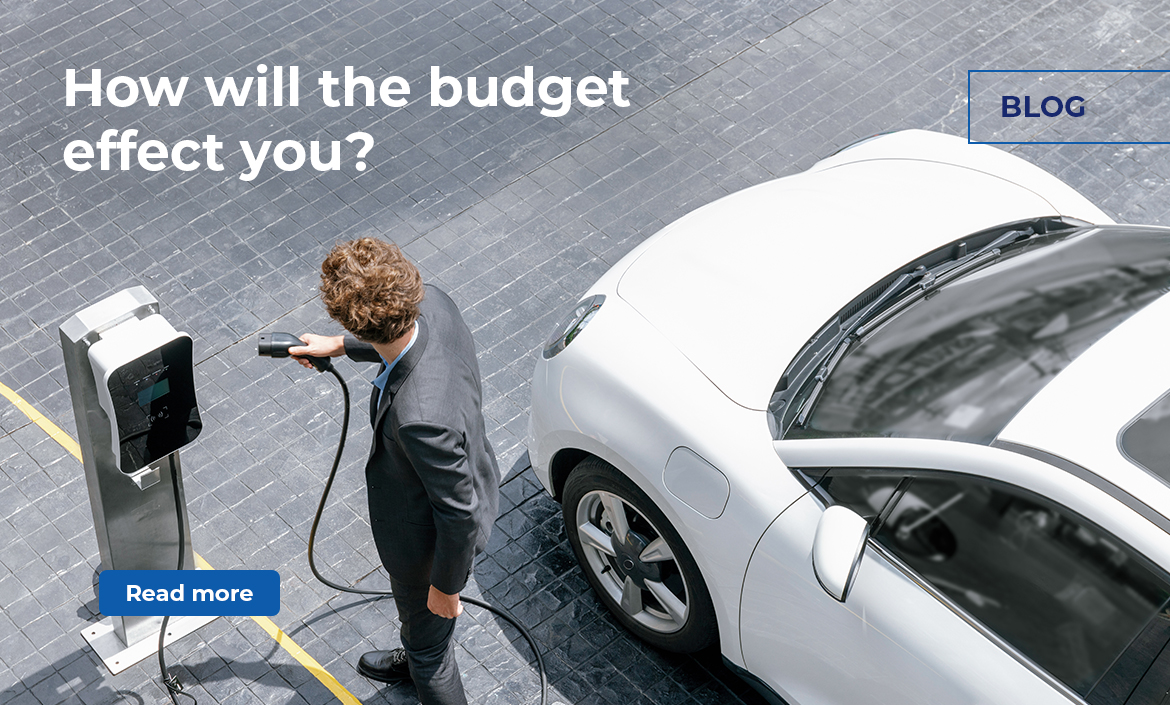In the recent Budget, Chancellor Rachel Reeves introduced updates on company car tax rates, National Insurance, and incentives for electric vehicles (EVs). These changes affect businesses, company car drivers, and those considering hybrid or electric vehicles. Here’s a simpler look at what these updates mean for the future of company cars in the UK.
Incentives for Electric Cars in the Budget
The government wants more people to choose electric vehicles to reduce CO2 emissions and create a cleaner environment. Rachel Reeves confirmed that the tax benefits for fully electric cars (known as zero-emission vehicles) will stay low. For example, the First Year Rate (FYR), the initial tax paid on zero-emission cars, will be frozen until 2029/30. This gives electric car owners a tax break, making EVs cheaper to own.
From April 2025, cars that produce emissions (gas-powered or hybrids) will face higher taxes. This change shows the government’s commitment to zero-emission vehicles, as the UK plans to stop selling cars with only gas or diesel engines by 2030, and to make all new cars sold fully electric by 2035.
Changes to Benefit-in-Kind (BIK) Tax Rates
The government has also updated the benefit-in-kind (BIK) tax rates, which affect how much company car drivers pay in taxes. BIK tax is the extra tax you pay if your employer provides a company car.
The biggest change impacts plug-in hybrid electric vehicles (PHEVs). From the 2028/29 tax year, these hybrids will no longer get low tax rates for having an electric range. PHEV tax rates will rise as much as 13% by 2029/30, meaning drivers will pay much more to drive them.
For fully electric company cars, BIK tax will still go up slightly, but only by a few percentage points each year. It will reach 9% by 2029/30. This is still lower than the tax for gas-powered or hybrid cars, but it’s worth considering for long-term budget planning.
Higher National Insurance for Employers
There are also changes to National Insurance (NI) contributions for employers. Employers will now pay 15% NI, up from 13.8%. Plus, the earnings threshold, the amount workers must earn before employers pay NI, will drop from £9,100 to £5,000. This means employers will pay more NI per worker, increasing payroll costs.
To help smaller businesses with these higher costs, the government will raise the employment allowance (a deduction from National Insurance payments) from £5,000 to £10,500. This means some small businesses won’t have to pay any NI at all.
Fuel Duty and Fuel Benefits for Company Cars
In addition to BIK tax changes, fuel duty will stay frozen, and the temporary 5p cut on fuel duty will continue for another year. This keeps fuel prices steady for the time being, which is helpful for companies and drivers who still rely on gas-powered cars.
The government is also launching a “Fuel Finder” tool by 2025. This tool will help drivers find the cheapest fuel prices at local petrol stations, giving more control over fuel costs.
Impact on Hybrid and Electric Company Cars
As tax rates rise for PHEVs, these cars will likely lose some popularity among company car drivers. From the 2028/29 tax year, PHEVs with CO2 emissions between 1 and 50 grams per kilometer will see their BIK tax rate go up to 18%, then to 19% in 2029/30. Meanwhile, fully electric cars will stay at lower rates, even as they increase slightly over time.
The freeze on the FYR for zero-emission cars until 2029/30 makes them a cheaper option in the long run. For fleets that plan their vehicles and budgets years ahead, choosing fully electric cars could save money as tax rates for hybrids and gas-powered cars continue to increase.
Planning for Future Company Car Taxes
The updated company car tax tables now extend through the 2029/30 tax year. This allows businesses and drivers to make informed decisions about their car choices for the next several years. If a business is considering an EV, the certainty around these lower tax rates makes electric cars an attractive option.
The government has also committed over £200 million to build more EV charge points, helping local areas install charging stations on streets. This investment means more accessible charging options for drivers, making it easier to switch to electric.
In the latest Budget, the Government has made its priorities clear: it wants more fully electric cars on UK roads. By raising BIK taxes on hybrids and other emission-producing vehicles, but keeping benefits for EVs, the government is encouraging businesses and drivers to go electric. The updates in National Insurance, BIK tax, and fuel duty provide businesses with an incentive to adopt greener company cars and could make electric cars a smart choice both financially and environmentally.
For businesses, this Budget means a chance to plan ahead. Fully electric company cars will offer significant savings on taxes over time, while hybrids and fuel-powered cars will become more costly to own. With long-term planning and the growing network of charge points, electric cars could become the new norm in the company car world.
Get in touch for any of your fleet queries:
If your business needs any assistance, with setting fleet budgets, or would like to understand more about what vehicles fit into your fleet budget, get in touch today. Our experts can offer guidance regarding alternative fuel types and whole-life cost analysis.


